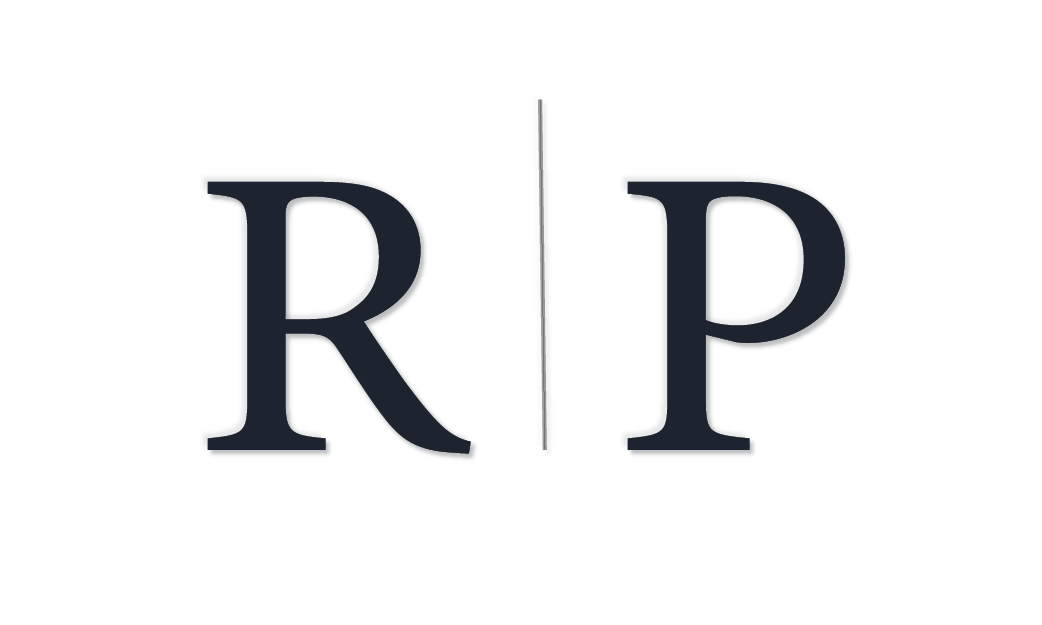What Costs Go Into Buying a Home?
Buying a house is a big financial commitment, and it's important to have a clear understanding of the costs involved. While the purchase price of the home is often the first thing that comes to mind, there are many other costs to consider when buying a house. Here is a breakdown of some of the most common costs associated with buying a home.
Down Payment:
This is the initial payment made towards the purchase of the home. Typically, a down payment ranges from 3-20% of the purchase price, depending on the type of loan you choose. A larger down payment can help lower your mortgage payments, but it also means that you will need to have more cash upfront.
Closing Costs:
These are the costs associated with the purchase of the home, including fees for title insurance, appraisal, and attorney fees. Closing costs can range from 2-5% of the purchase price and are typically paid at the time of closing.
Mortgage Insurance:
This is an insurance policy that protects the lender in case the borrower defaults on the loan. Mortgage insurance is typically required if the down payment is less than 20% of the purchase price.
Property Taxes:
These are the taxes that are assessed by the local government on the value of the property. Property taxes can vary greatly depending on the location of the home and can add a significant cost to homeownership.
Homeowners Insurance:
This is an insurance policy that protects the home and its contents from damage or loss. Homeowners insurance is typically required by lenders and can vary depending on the location and value of the home.
Home Inspections:
This is another upfront cost paid for by the Buyer. The inspector will tour the home with you and your agent to highlight any potential defects with the home. Typical costs range anywhere from $400-$1,000 for home inspections.
Moving costs:
These are the costs associated with moving into the new home, including hiring movers, renting a moving truck, and other expenses.
It's important to keep in mind that these costs are in addition to the mortgage payments, which can add up to a significant amount of money. It's important to budget for these costs and have a realistic understanding of the financial commitment involved in buying a house. It's always a good idea to speak with a financial advisor to go over your specific situation and make sure you are prepared for the costs of buying a home.

